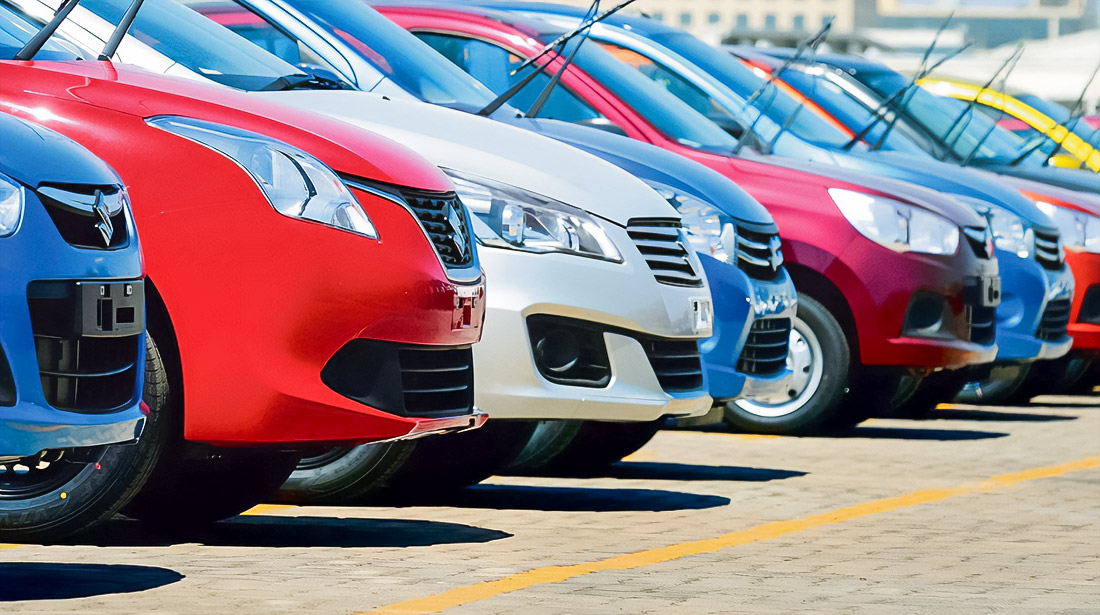The modern world observes significant evolution in the transport industry, especially noticeable in metropolises. Soon, ownership of a car, traditionally considered a symbol of status and freedom, may completely give way to more adaptive and economically justified solutions, such as car rental. In the XXI century, urban residents increasingly turn to short-term rental, car sharing, and car subscriptions, which not only save money but also significantly optimize travel time. This evolution is part of a broader movement towards sustainable urban mobility, where economic, environmental, and social components come to the fore.
Global Transformation of Transport: From Symbol to Status of Service

Economic Reassessment: Why Rental Surpasses Ownership
- Reduction of the financial burden when buying and depreciation: Artificially inflated cost of car ownership includes high initial investments. For example, the average price of a new car in the USA exceeded $36,000 in 2022. Owners lose up to 60% of their car value in the first five years of operation. In rental, these high costs disappear.
- The predictability of tax and insurance costs: Particularly evident in industrialized countries, insurance premiums and tax deductions can amount to substantial sums, accounting for as much as 5% of annual auto expenses. These costs are frequently included in rentals, which assists in stabilizing the budget.
- Reducing maintenance and repair costs: AAA statistics indicate that yearly maintenance costs can reach $1,500. These problems are handled by the lessor when a customer rents an automobile, relieving them from constantly monitoring the state of the vehicle.
Environmental Mitigation: Car Rental as Tool of Environmental Balance
- Transport decarbonization: Because of car sharing and leasing, there are 20–40% fewer cars on the road, which lowers CO2 emissions and other pollutants. Car sharing contributed to a reduction of around 870,000 tons of CO2 emissions in 2020.
- Elimination of urban traffic jams: Reduction of the number of cars improves road infrastructure, reduces congestion, and increases transport accessibility. In cities like Stockholm, thanks to car sharing, traffic jams decreased by 15%.
- Sustainable urban development: Environmentally friendly transport, such as electric cars, is gradually included in the fleet of rented cars. In 2023, the number of electric cars in car sharing doubled compared to the previous year.
Socio-Cultural Metamorphoses: Rethought Norms of Mobility
- Reassessment of millennial values: Modern young people choose flexibility and accessibility of rental, focusing on experience rather than ownership. According to statistics, 45% of millennials in large cities do not consider ownership of cars important.
- Digital easy booking: Mobile applications, such as Zipcar and Getaround, provide rental services in one click. This saves time for urban residents who prefer quick solutions.
- Conscience and balance: Consumers strive for social responsibility and minimizing carbon footprint. The choice of car sharing makes them part of the eco-community.
Car sharing and its impact on transport infrastructure
Analysis of Real Tested Keys: Statistics and Examples of Success
- Car sharing in metropolises: In cities like Seoul and San Francisco, car sharing has grown by 50% over the past five years. This reflects a steady shift in the transport preferences of urban residents.
- Optimization of transport costs: Research in London shows that rental allows one to save up to 30% of transport costs per year against the backdrop of rising fuel and parking costs.
- Green initiatives: In implementation of eco-policy cities like Oslo limit ICE cars, spreading electric car fleets. Rental becomes a response to these challenges, providing environmentally friendly transport.
Urbanization and transport solutions
Forecast for Tomorrow: New Policy and Infrastructure of Cities
Considering apparent trends, it is expected that car rental will strengthen its position in the global transport system due to a number of factors:
- Development of electric infrastructure: It is worth expecting an increase in charging stations and modernization of electric car support networks. Europe plans to reach more than 1 million charging points by 2030.
- Car-sharing services are currently being integrated into urban transportation systems, as seen in places like Tokyo. Through the creation of more convenient transit options, this effort is boosting urban mobility and passengers’ overall experience.
- Methods for cutting carbon emissions include an increase in the number of city programs and initiatives that support eco-friendly transportation, demonstrating their viability and sustainability over the long run.
New RTA initiatives in sustainable transport
Thus, car rental appears to be beneficial solution for most urban residents, providing economic benefits, positive environmental impact, and changes in social behavior. Transformations in urban transport systems will continue to have significant impact on creation of more sustainable and efficiently functioning urban environment of future.

Basketball lover, singer, gourmet. Works in an IT company as a web designer.
